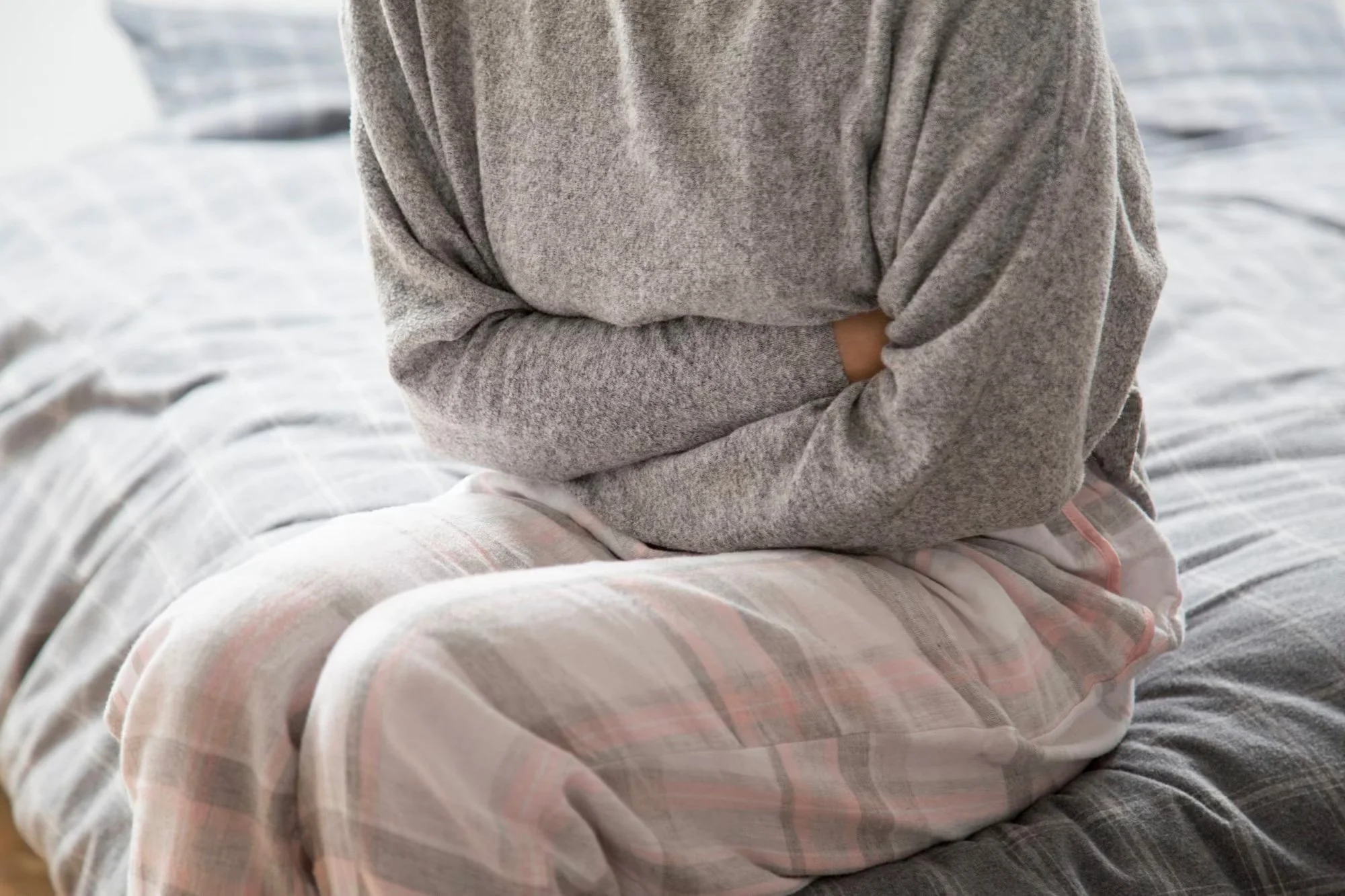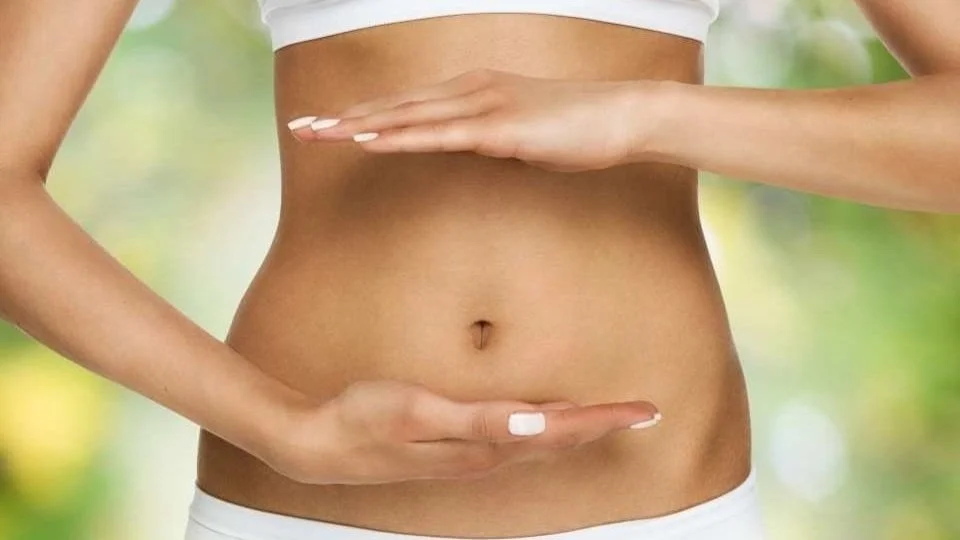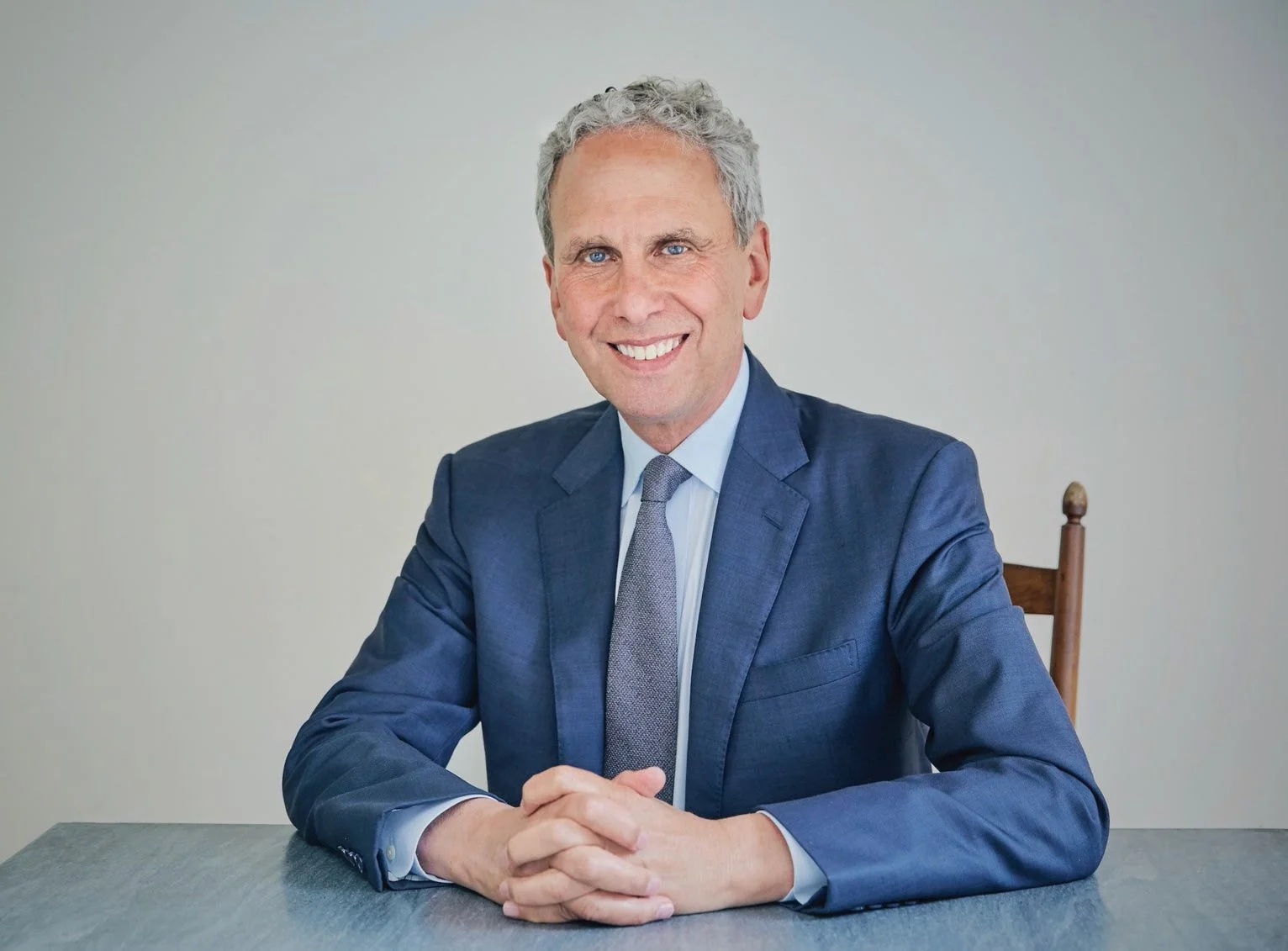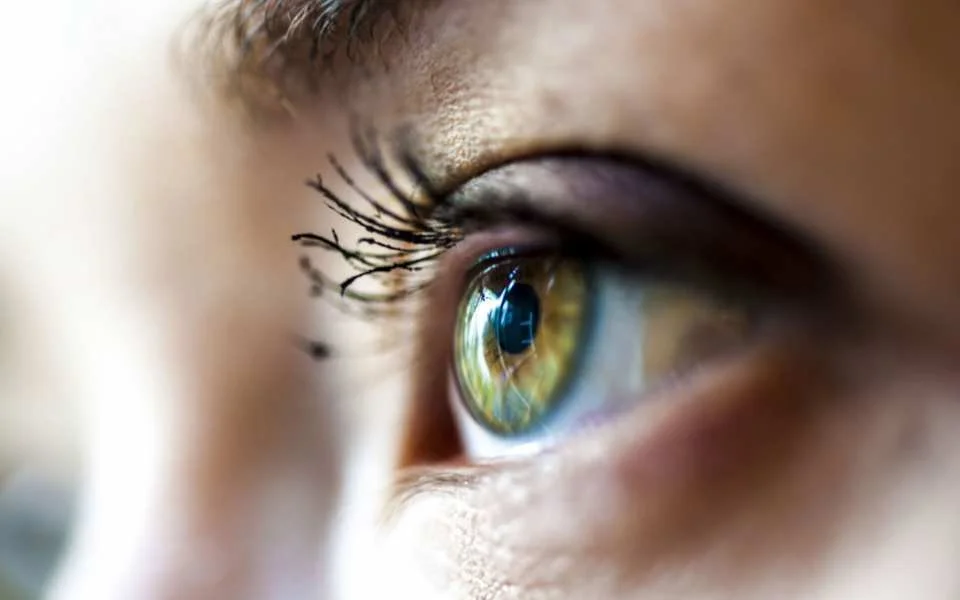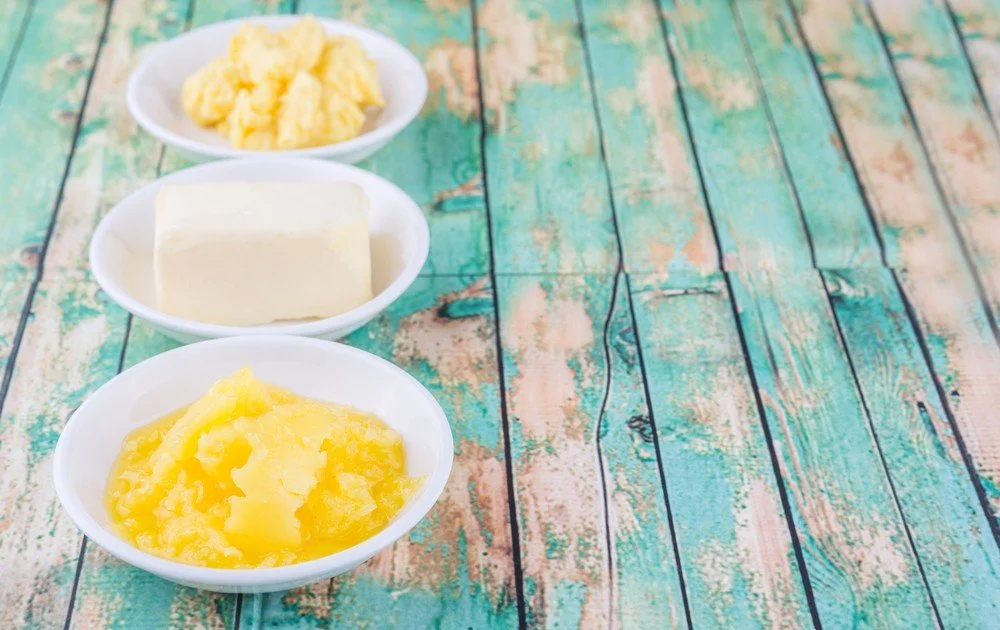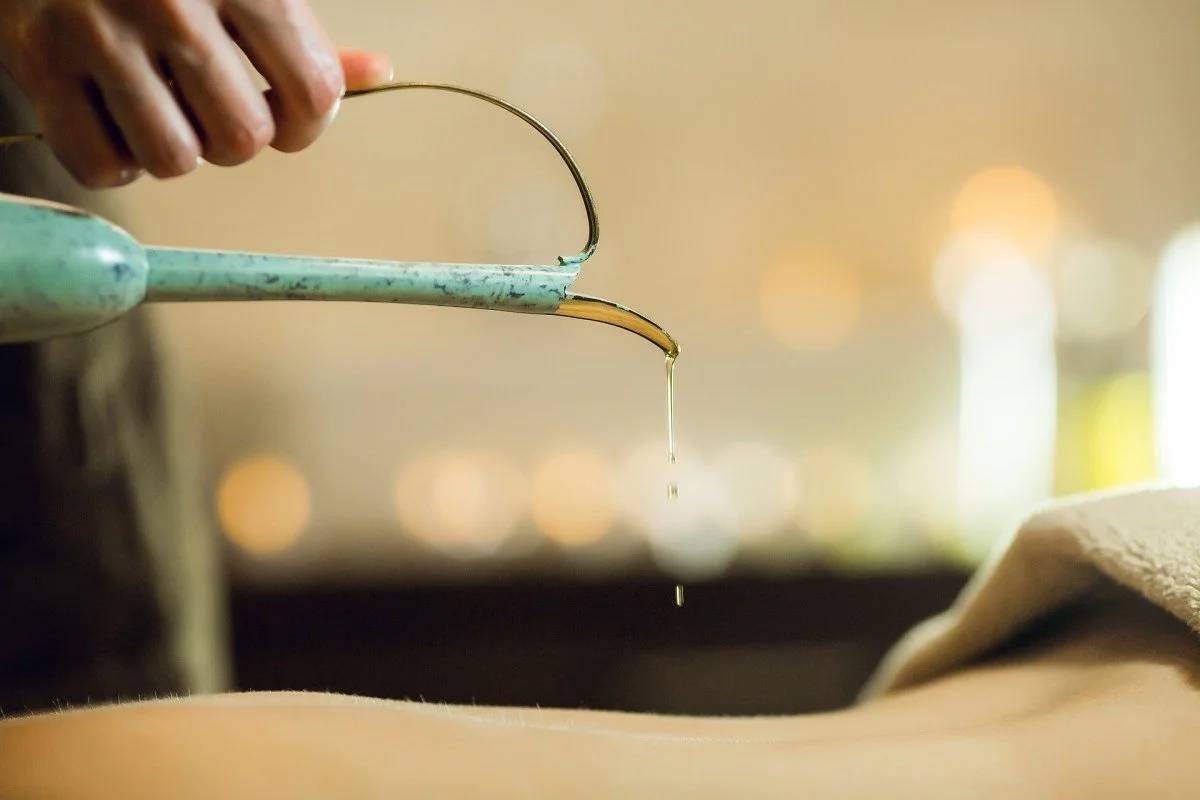Menstruation & PMS – An Ayurvedic View
COMPULSORY reading for all MEN. It might help make you a better partner/ boss/ friend…so read on. Just skip to The ‘Tips for Men’ section at bottom if you don’t want/can’t handle, the details.
Think of 3 letters that spark anguish into the mind of any woman in their middle years… P.M.S. While this can be a popular topic for jokes, it’s certainly no laughing matter for any woman who gets it (or their partners!). As I believe most people (men & women), don’t fully appreciate the seriousness of the ‘health affects’ associated with this ‘imbalance’, now we look at one way both ‘men’ & women can help alleviate the many problems associated with PMS.
A QUICK BACKGROUND:
The first thing to understand, is that far from being the “dreaded curse”, a woman’s monthly cycle is actually an extremely powerful opportunity to re-balance & revitalise their whole mind & body.
In Maharishi Ayurveda, menstruation, which is intimately linked with the universal ‘lunar’ cycle, is Nature’s way of helping women not only slough off the lining of the uterus, but also ‘purifying’ the system as a whole – eliminating impurities & toxins accumulated during the month. It’s like a mini-rejuvenation & internal cleansing procedure… 12 times a year.
For the body to complete this ‘natural’ process properly, the general ‘internal flow’ of a woman’s body needs to shift to an overall ‘downwards’ direction (head to reproductive area). When this downward flow occurs in a balanced way, the whole process is not only ‘pain-free’, but produces a more ‘self-referral’ state – where mind, body & emotions are more settled, integrated & attuned. It also corresponds to a complete absence of all the various symptoms of PMS – cravings, mood swings, irritability etc. Yes there are many women who experience completely problem-free periods – there are even cultures where women greatly look forward to that time of the month for the chance to be more ‘inward’ and reap the many benefits it can bring. Proper menstruation, greatly contributes to a woman’s overall health – inner & outer.
To encourage & support this ‘natural’ flow at this important time, traditionally, the days of menstruation are encouraged to be more ‘restful days’. Yes, I know, before you lynch me about not being practical, I’m just explaining the theory first. And believe me, I’m on your side on this one. *Notice the absence of jokes?.
THE PROBLEM:
Now unfortunately, our current Western culture makes this very tough for women. Apart from our lack of extended families (no sharing the load), we live in a somewhat ‘macho psychology’ society. To rest & take it easy is seen to be weak. Working long & hard is considered a badge of honour. Tuning in to the subtle requests of our body is often seen as ‘new-age mumbo jumbo’ or worse a signal to take a pain killer and ‘get on with the job’. * This suppression of symptoms through chemical means, while giving short-term relief, greatly interferes with the body’s delicate internal hormonal balance and can create more serious problems long-term.
Following this ‘externally’ imparted, ‘mind over matter’ philosophy, a woman’s monthly cycle is often considered no different to any other time. Worse, it’s seen as a major inconvenience to be ‘got through’ or ‘covered up’ by popping a few pills. Some women whose cycles stop think it’s a blessing. Anyway, the more a woman has to be physically active or engage in somewhat demanding work (even mentally), throughout her period – the more the internal flow of energy moves ‘upwards’, thus compromising what the body naturally wants to do at that time.
If repeated regularly – especially if one’s daily routine is out of balance throughout the whole month – the inevitable result over time, is a body out of balance. Depending on one’s individual body type & level of imbalance one experiences some or many PMS symptoms – which are the body’s signal that something is not right. * The subtle inner physiological / hormonal changes regulating menstruation begin 4-5 days prior to menses, thus the ‘pre’-menstrual symptoms.
MAV Doctors who have spent a number of years in Western cultures directly attribute the high prevalence of PMS & other menstrual problems, hysterectomies & artificial hormone dependency etc to our society’s (men as much as women) almost complete disregard for the necessity for ‘rest’ during the time of a woman’s period.
Anyway, that’s the theory which I’m sure you all know intimately. The hard part for most women is obviously that it’s just not possible to completely rest for a few days each month – you still have to go to work, kids still need to be looked after etc etc. However, while you probably can’t have the ideal routine, here are a few ways you can at least limit the likelihood of creating imbalances and getting more of the many benefits on offer at this time.
TIPS:
Women:
1. Where possible/practical – take it easier on the first few days of your period (or pre-period if getting symptoms) – if you can’t take it easy on all days (work etc), the first day of your cycle is most important. If your period is predictable, where possible try not to schedule long travel, hectic work days, entertaining at home etc on those days (particularly Day 1).
2. Don’t exercise (run, gym etc) or engage in demanding physical or mental activities during this time.
3. Eat light/easy to digest food – this will allow your body to maximize the revitalizing effects of the menstrual cycle.
4. Appreciate this is a time for being more ‘inward’ – ‘self-referral’ & use it more as a time for introspection, reflection. meditation, more rest etc.
5. Understand that everything in Nature works according to the cycle of Rest & Activity – the more you honour your body’s need for rest at the appropriate times (your period), the more your body will honour your throughout the rest of the month, with good energy, vitality, positivity and contentment.
Tips for men – RE; The woman in your lives:
1. Understand that the time of a woman’s period is a very different time for them both physically and emotionally…even if they don’t experience any outward changes.
2. Where possible, help alleviate some of their workload at this time.
E.g. Partners – if for example, you don’t normally look after dinner, do the cooking or organise take-away – look after the kids – iron her clothes for the next day or whatever you can so she can have more of her own ‘quiet time / go to bed earlier etc.
E.g. Bosses – if things are quiet / under control offer them the opportunity to have more breaks, go home early…or even work from home if suitable
3. Appreciate that one of the greatest things you can do as a partner, a boss, a co-worker etc (if you have a close enough relationship to know) is to do whatever you can to allow women to be more inward / not have to strain during this time.
* Note: For women reading this, please understand I am not saying you are incapable of doing everything you normally do during this time. It’s just more advantageous health-wise if, where practical, you do not have to do as much during this time..
FINAL THOUGHT:
In all time-tested traditional systems of natural health-care, a woman’s monthly cycle is considered to be a huge blessing. It’s seen as one of the most profound health advantages women have over men. * The others I suspect are intelligence, good looks, ability to multitask and having hearts that actually feel emotions.
AND WHAT WOULD HAPPEN IF MEN HAD PERIODS?: PAUL BENOIT
The answer is clear: menstruation would become an enviable, boast-worthy, masculine event …
* Men would brag about how long and how much.
* Boys would mark the onset of menses, that longed-for proof of manhood, with religious ritual and stag parties.
* Congress would fund a National Institute of Dysmenorrhea to help stamp out monthly discomforts.
* Sanitary supplies would be federally funded and free. (Of course, some men would still pay for the prestige of commercial brands such as John Wayne Tampons, Joe Namath Jock Shields etc)
* Men would try to convince women that intercourse was more pleasurable at “that time of the month.”
ARTICLE WRITTEN BY MARK BUNN
Mark Bunn is the Founder of Dharmic Living and author of the three-time best-selling ‘Ancient Wisdom for Modern Health‘.
Featured Articles
Topics
- Alcohol 1
- Allergies 1
- AntiInflammatory 2
- Arthritis 1
- Asthma 1
- Atkins 1
- Autumn 1
- Ayurveda 22
- Ayurvedic Medicine 12
- Ayurvedic Science 2
- Bad Breath 1
- Beer 1
- Blood Sugar 1
- Bob Roth 1
- Body Odour 1
- Breakfast 2
- Breathing 1
- Business 2
- Butter 1
- Caffeine 1
- Cancer 6
- Carbohydrates 2
- Cataracts 1
- Charcoal Water 1
- Cholesterol 3
- Coffee 1
- Cold & Flu 1
- Cooking 1
- DR JR Raju 2
- Daily Cycles 2
- Dehydration 2
- Dental 3
- Detox Drinks 1
- Diabetes 1
- Diet & Nutrition 44
- Dieting 2
- Digestion 9
- Direction 1
- Disease 1
- EMF 1
- Earthing 2
- Eastern Medicine 1
- Eating 1
- Eating Out 1
- Exercise 9
- Eye Health 1
- Fish Oil 1
- Flaxseed 1
- Food Quality 2
- Forest Bathing 1

